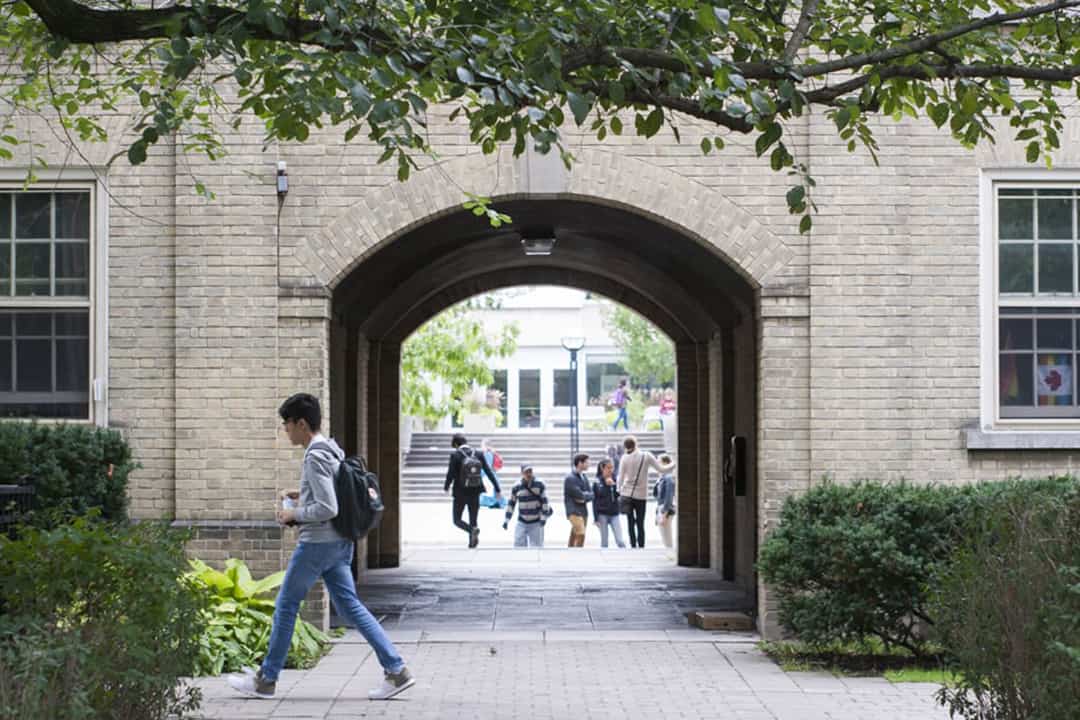In the late-night hours of February 23, International Association for Political Science Students (IAPSS) Secretary General Oleksii Zahreba and I had a call with IAPSS Ukraine President Artem Oliinyk. By this time, the world was already aware that Russia was preparing to invade Ukraine.
What we discussed would become the foundation for IAPSS’ activism strategy in Ukraine. Since then, we have sought to establish communication and intelligence channels with political science students in Ukraine, encouraging them to share what they are allowed to share with us so we can amplify their voices and raise awareness about relevant information that may not be reported in the news.
The members of IAPSS Ukraine, some of whom I have worked with regularly for the past few years and have become friends with, now face near insurmountable odds. Martial law has been imposed in Ukraine, restricting who can leave the country. Many have been conscripted. Others are hiding underground. One has enlisted voluntarily and is now a military officer. At least two others now live within Russian-occupied territory.
IAPSS Ukraine members have been sending photos and videos of Russian attacks on Ukrainian civilian neighbourhoods. Others have sent written statements and updates about what they are feeling and experiencing. We must be extra careful about what we share publicly and how we disseminate that information to ensure that it does not place these students in danger. What they send may become increasingly valuable as the war goes on, especially if there are war crime tribunals.
To make matters even worse, news reports have emerged of international students experiencing racial discrimination at the Polish-Ukrainian border. We must be cognizant of this issue in all of our activism efforts surrounding the conflict.
“There are sirens sounding in all cities of Ukraine announcing missile, air strikes and the approach of enemy forces,” one student wrote on the IAPSS website. Another wrote, “I never thought that in the 21st century I would feel the pain of war.”
I had a call with an IAPSS operative in Poland who is assisting with preparing supplies, during which we set in motion a system of aid for IAPSS Ukraine to ensure that they have options for accommodations and employment if they and their families make it across the border. We were able to identify similar resources for students who make it to Slovakia. However, reaching the border remains difficult, with IAPSS intelligence estimating wait times to be over 30 hours at some crossings.
The Ukrainian Association of Students recommended that IAPSS leverage its political science network to promote research about what is happening, which led to the beginning of an initiative with Politikon, IAPSS’ flagship journal, to plan a potential special issue for research relevant to the invasion.
I hope that this war can end soon and with an outcome that is optimal for my constituents in Ukraine. I hope that the conflict does not spread to other countries.
To the student unions of the University of Toronto and across Canada, some of the wealthiest and most privileged student unions in the world, I leave you with another quote from a political science student in Ukraine: “if Ukraine falls, the next will be countries of the Baltic, then Poland – these words have been said in Georgia before, when Russia attacked them. They turned out to be true. We need support of our international partners, and this support should be strong and powerful… All possible help and activism are important for us.”
Isolationism is inherently xenophobic. There are many ways Canadian student unions and campus groups can help. Statements like IAPSS’ are a good first step, but more is needed. There are organizations you can donate to that aid civilians impacted by the conflict and petitions you can sign.
IAPSS has its own petition that organizations and individuals can sign, which calls on universities around the world to help domestic and international students in Ukraine continue their studies abroad if they make it out of the country, and to provide other forms of support to students still in the conflict zone.
Ask national and provincial student unions in Canada to help as well. Student representatives and journalists can even reach out to the Ukrainian Association of Students to ask for more specific ways to help as the situation evolves quickly.
If you have friends in Ukraine, reach out to them and try to keep lines of communication open. Listen to them. Contact your student representatives and ask them to act. Student journalists at U of T should be actively reporting on the conflict and its impact on the campus.
Justin Patrick is a PhD student at the Ontario Institute for Studies in Education, the external commissioner of the University of Toronto Graduate Students’ Union, and the president of the International Association for Political Science Students.


